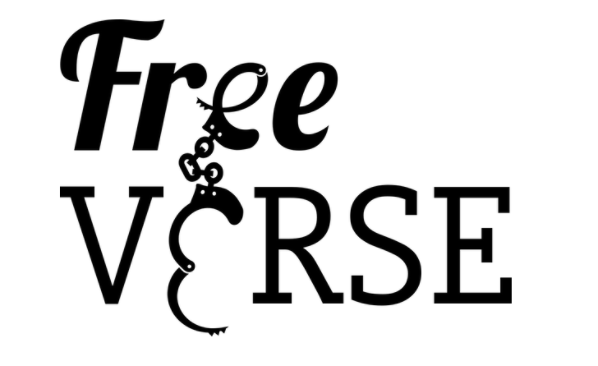Read the published article here.
When I was a kid, I was obsessed with labeling everything as either right or wrong, truth or lies, and had a hard time understanding what was between those two, that concept of a gray area. Looking back, I have a lot of respect for my parents. I realize I was probably a hard kid to parent at times: highly sensitive, intense, with a strong need for perfection. Not only did I have a tendency to demand too much of myself, despite some difficult circumstances, but I also demanded that from everyone else around me, despite their difficult circumstances. Let’s just say I look back and do a lot of cringing.
When your notion of truth is extremely skewed by black-and-white thinking, you’re not doing yourself or anyone around you a favor. Lately, I’ve been thinking a lot about how the older I get, the more aware I am of how little I really know, especially about what’s wrong or right. Perhaps that’s why I’ve always been attracted to writing and reading, especially the tension of really incredible writing, how it’s always doing a push-pull dance around truth, questioning ethos. Reading was one of the first places where scenarios and stories and poems played out without a clear understanding of “good or bad.” That has a big impact on me as I grew up, as well as the day that my dad explained to me what the word perception meant, and told me how perception can be even more powerful in life than this “truth” I went around gabbing on about.
Dealing with perception is a huge part of the work we do at Free Verse. For almost a year now, I’ve been the AmeriCorps VISTA for two nonprofits, including Free Verse, which brings creative writing workshops to incarcerated youth in Montana, in addition to youth at a psychiatric unit in Missoula, and gives them the opportunity to publish their art, songs, and poetry in our I Am Montana volumes and The Beat Within, as well as in art shows and zines.
There are so many questions about perception when working with an incarcerated population, especially youth: How do we get them to perceive us as a safe place to share their story? How do we make lesson plans that prioritize their perception as important and powerful? How do we edit and share their work when people already have misconceptions of them? How do we change the public’s mind about those who are incarcerated being “bad kids”? How do we allow people to perceive these kids as people who, just like all of us, are often just doing what they can to survive? How do we get people from Montana and across the U.S. to begin to perceive incarcerated people, youth and adults alike, as humans who can and deserve to tell their stories and be heard, just like those who are not locked up?
Right and wrong doesn’t mean much when you’re hungry, or after a parent dies, or if you’re dealing with addiction. Growing up in the highly religious South, I was hard-wired to believe this notion of a strict right and wrong. But that’s one (of many things) that religion, as well as the system of incarceration and mental institutionalization, gets wrong. We work with kids who people perceive as “crazy” or “bad,” but when you hear the details of their lives, what they’ve been taught by systems of oppression or poverty, what they had to do to stay alive, then not only is that perception unfair, it’s simply untrue.
Judging people is really easy, which I know first-hand, as I’ve mostly lived my life becoming an expert in it. I’m thankful for that early lesson in perception with my Dad, and in the many books I still cherish, and remain hopeful as more and more incarcerated and institutionalized students share their stories with us, because then we are able to share their stories with you.
Like Free Verse Executive Director Nicole Gomez said at the end of her foreword in the most recent I Am Montana Volume, “Now it’s up to us to listen.”
You can’t always change the perceptions of others, even if that’s what so many nonprofits like Free Verse fight to do: to give people the opportunity to form new perceptions. I’m so proud of the work everyone on the Free Verse team has done this year, and even if we can’t change everyone’s perceptions with the stories of our students, I’ve come to realize I can still change my own. This year I learned there were (and still are) plenty of my own perceptions about people living in poverty, or who are incarcerated or institutionalized, that needed serious re-evaluating. No matter how truthful I thought I was being with myself about how I’d changed, the beliefs that are instilled in us from a young age have a way of lingering, and showing up when we least expect them.
We know what we know, what we see in our own lives, until we’re exposed to new experiences, new stories, and given the chance to re-perceive. That’s what reading the writing of Free Verse students allows people to do. That’s what it’s allowed me to do.

